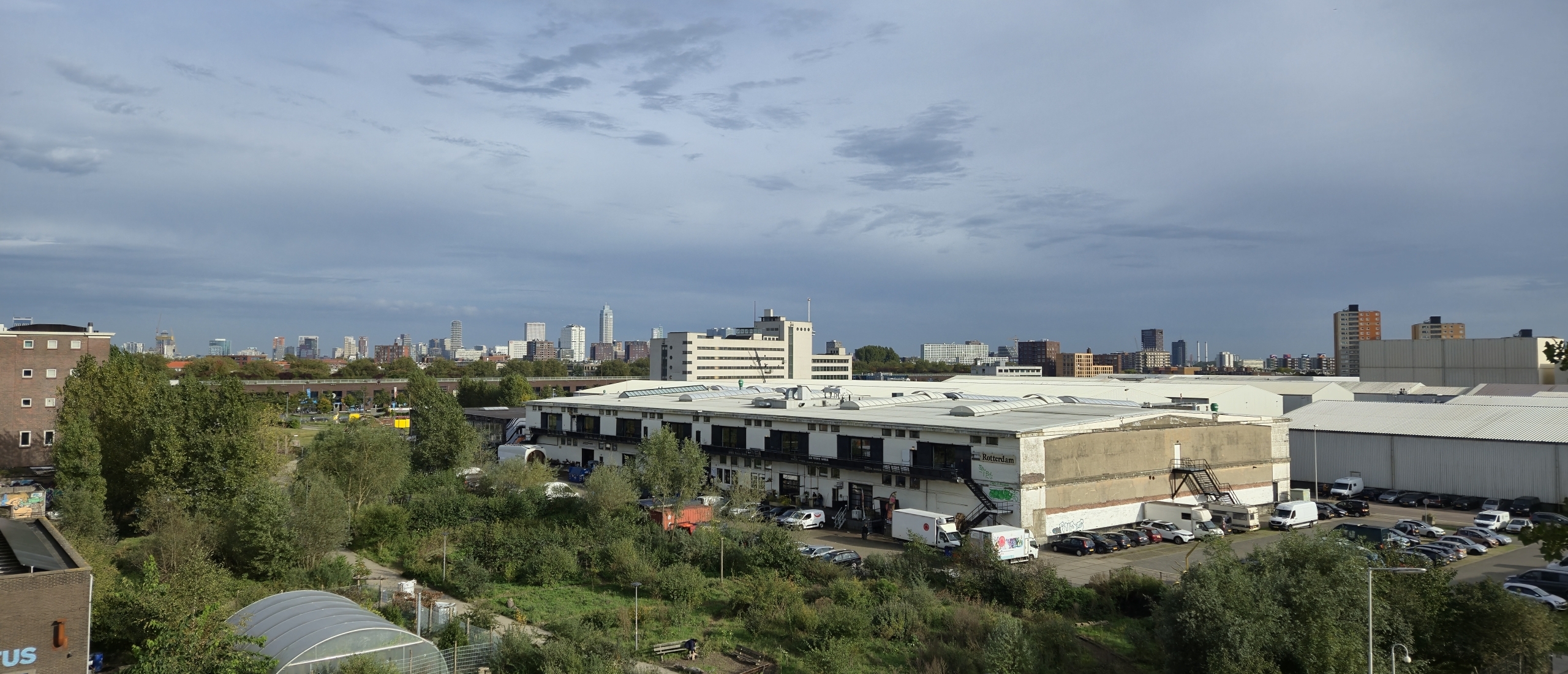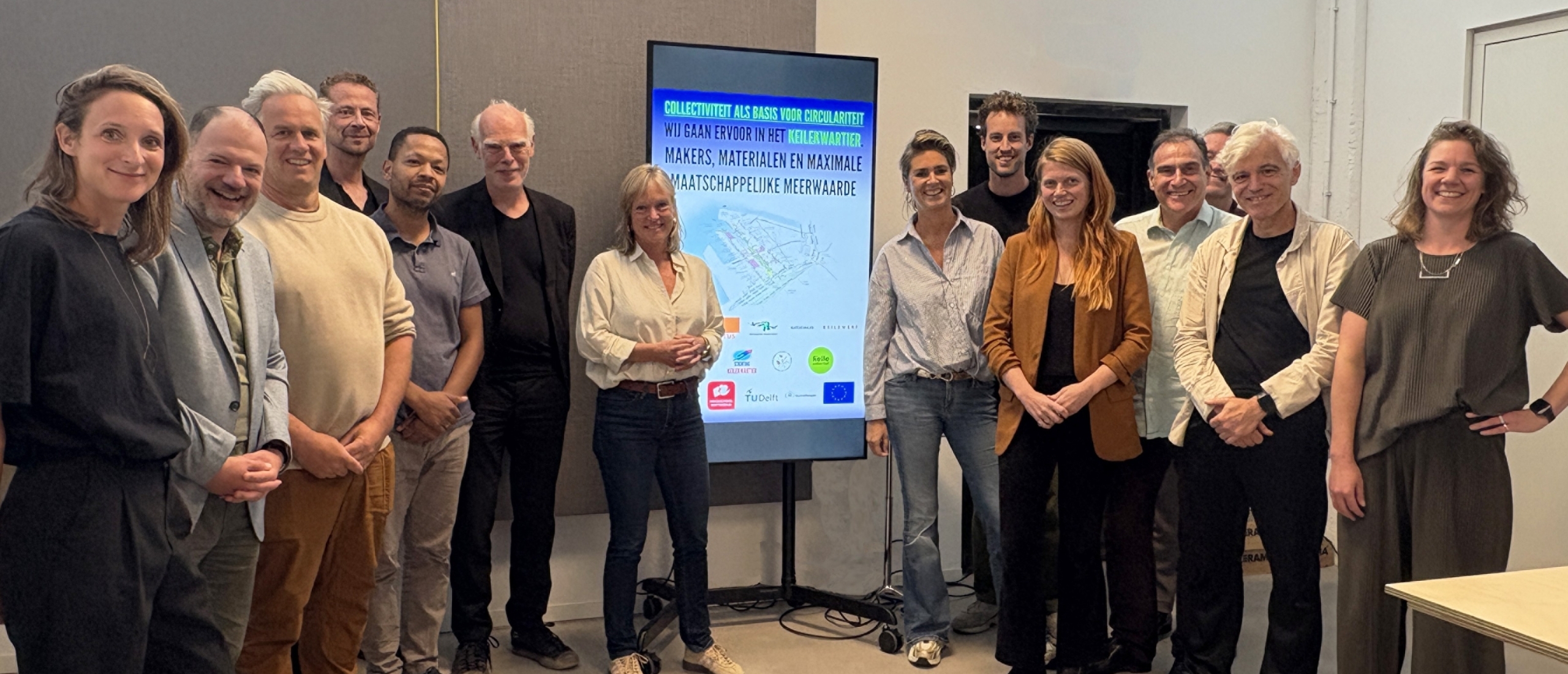
Start Stichting Keilekwartier
BLOC guided entrepreneurs, makers, and the City of Rotterdam in establishing Stichting Keilekwartier, thus anchoring their collaboration as a solid foundation for circular area development.
Read moreThe challenge
The Keilekwartier is a unique part of Merwe-Vierhavens where entrepreneurs, creators, governments and social initiatives come together to form a circular and creative ecosystem. We previously supported the Area Cooperative, the informal consultation structure in which the parties involved could come together to shape this part of the city. In order to take the step towards sustainable area development, it was important to secure the energy of this collective. We did this, among other things, by setting up a foundation to attract resources, initiate strategic partnerships and conduct targeted research with knowledge partners in the area.
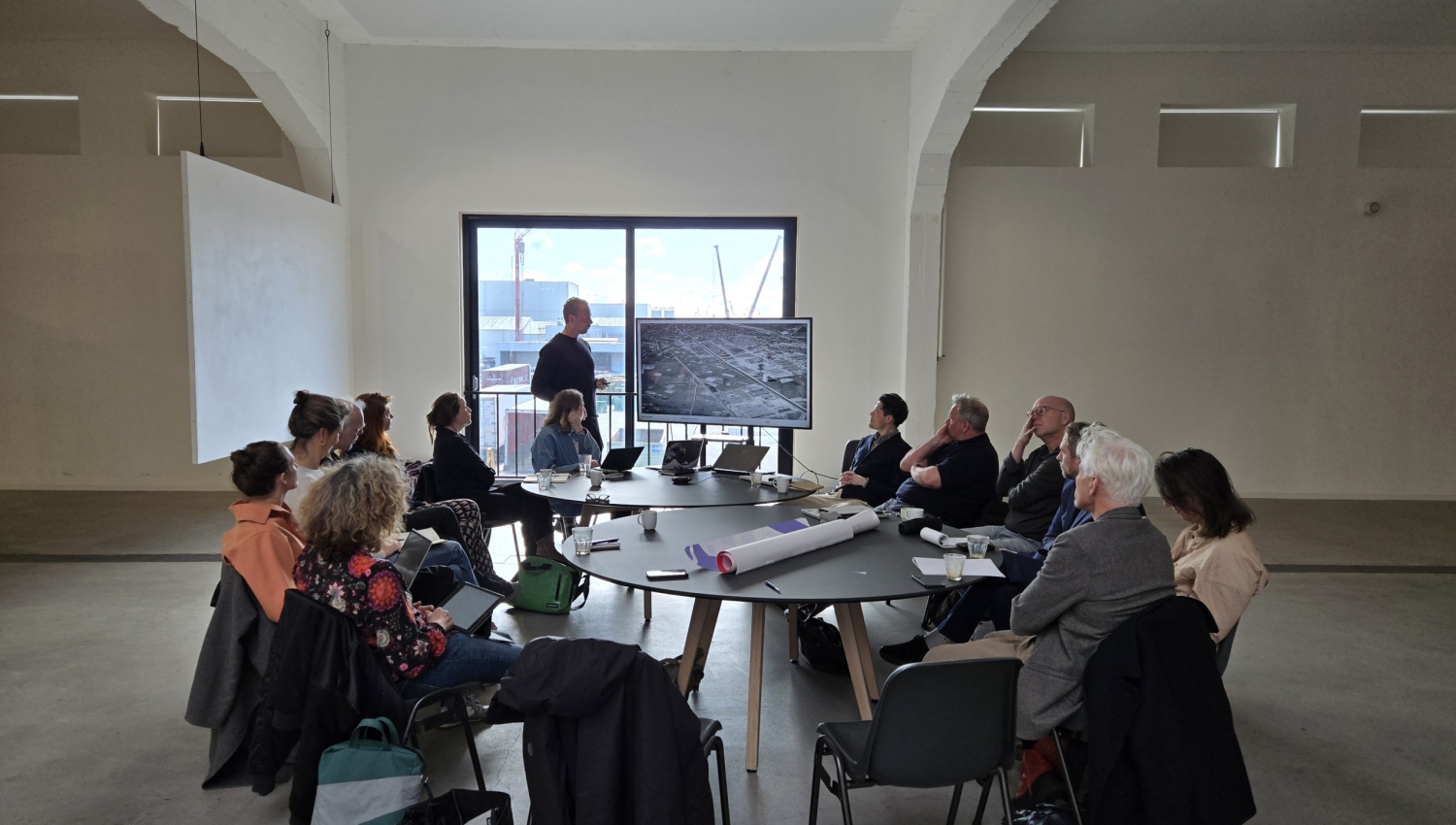
Our role and approach
BLOC was asked to guide this transition, taking an integrated approach along five tracks:
- Formalising the collaboration: Guidance in establishing the Keilekwartier Foundation, coordinating the legal process with a lawyer and notary, and embedding values in the articles of association so that the uniqueness of the area is also institutionally established.
- Co-financing and positioning: Exploring and applying for relevant funds and networks. Initiating, writing and coordinating applications. Developing a strategy to position the Keilekwartier in national and international networks, such as Built4People: an EU network for innovative partnerships in spatial development.
- Project and network support: Promoting concrete sub-projects related to energy, materials hubs and space for makers. Connecting with knowledge institutions (Delft University of Technology, Rotterdam University of Applied Sciences, Erasmus University) for substantive clout.
- Knowledge development and substantive guidance: to drive these projects and the network, we are initiating research into collaboration and value models. We are summarising this in relevant concepts for the projects and collaborations.
- Process guidance for cooperative discussions: Moderating sessions and creating continuity and trust within the group.
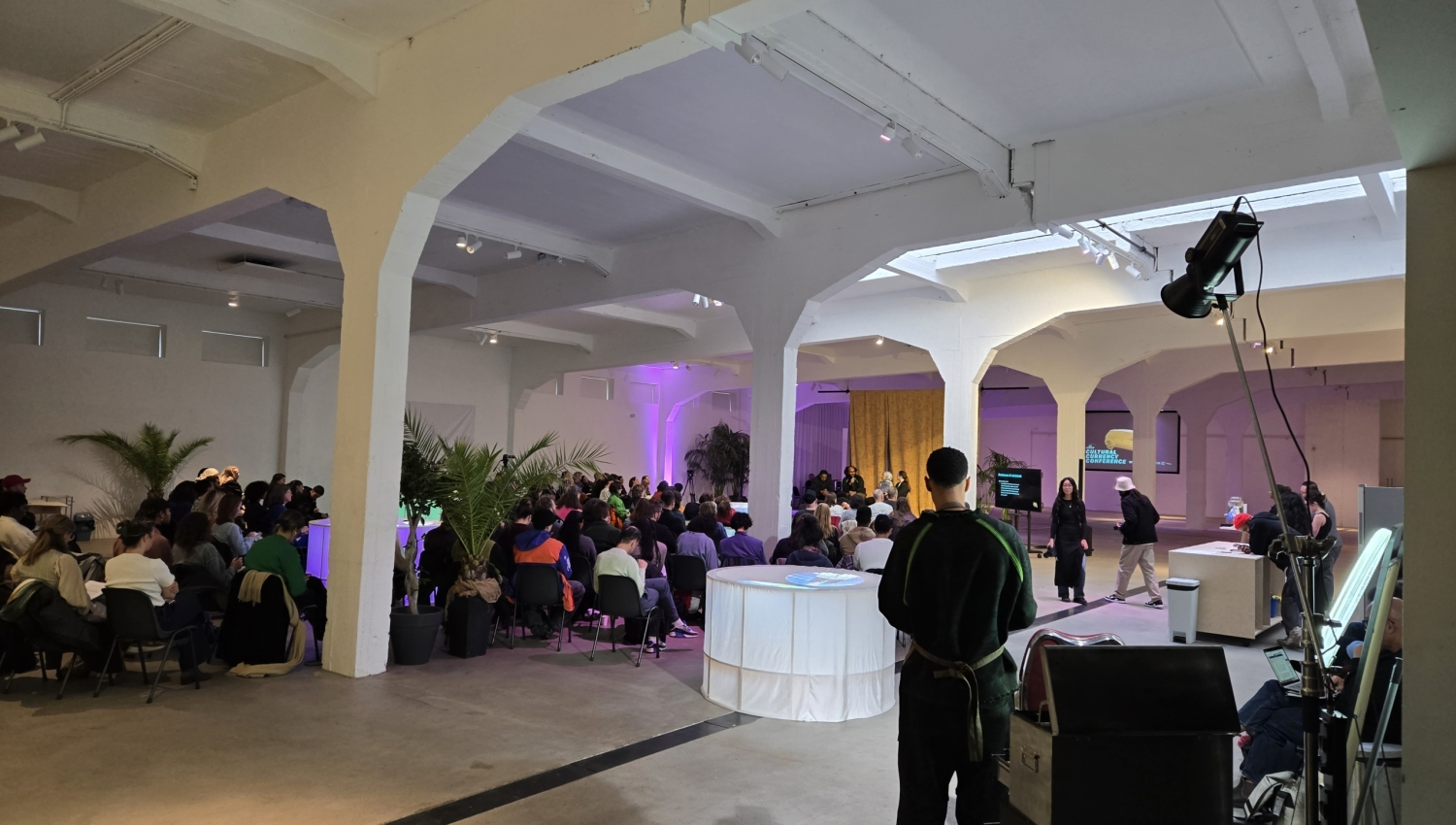
Results
- Foundation established — the formal basis for cooperation and fundraising is in place.
- Cofinancing initiated — multiple applications submitted; first commitments secured.
- Strong legitimacy — recognized as a Built4People Innovation Cluster by the European Commission.
- Strengthened collaboration — a solid foundation laid with the City of Rotterdam and knowledge institutions.
- Collective visibility — exploring programming for events and conferences around sustainable urban development and circularity.
What we learned
The transition from informal to formal requires much more than just legal documents: it is truly a human endeavour. This process confirms that bottom-up area development requires intensive work to build trust, establish shared values and ultimately bring about cooperation. If successful, this creates a robust basis for area development in which creators, entrepreneurs and government take joint responsibility. And thus create a part of the city that cannot exist anywhere else.
The Keilekwartier shows that you can develop an area without relying completely on traditional commercial development practices – provided you organise the collaboration professionally and anchor it institutionally.
Want to learn more?
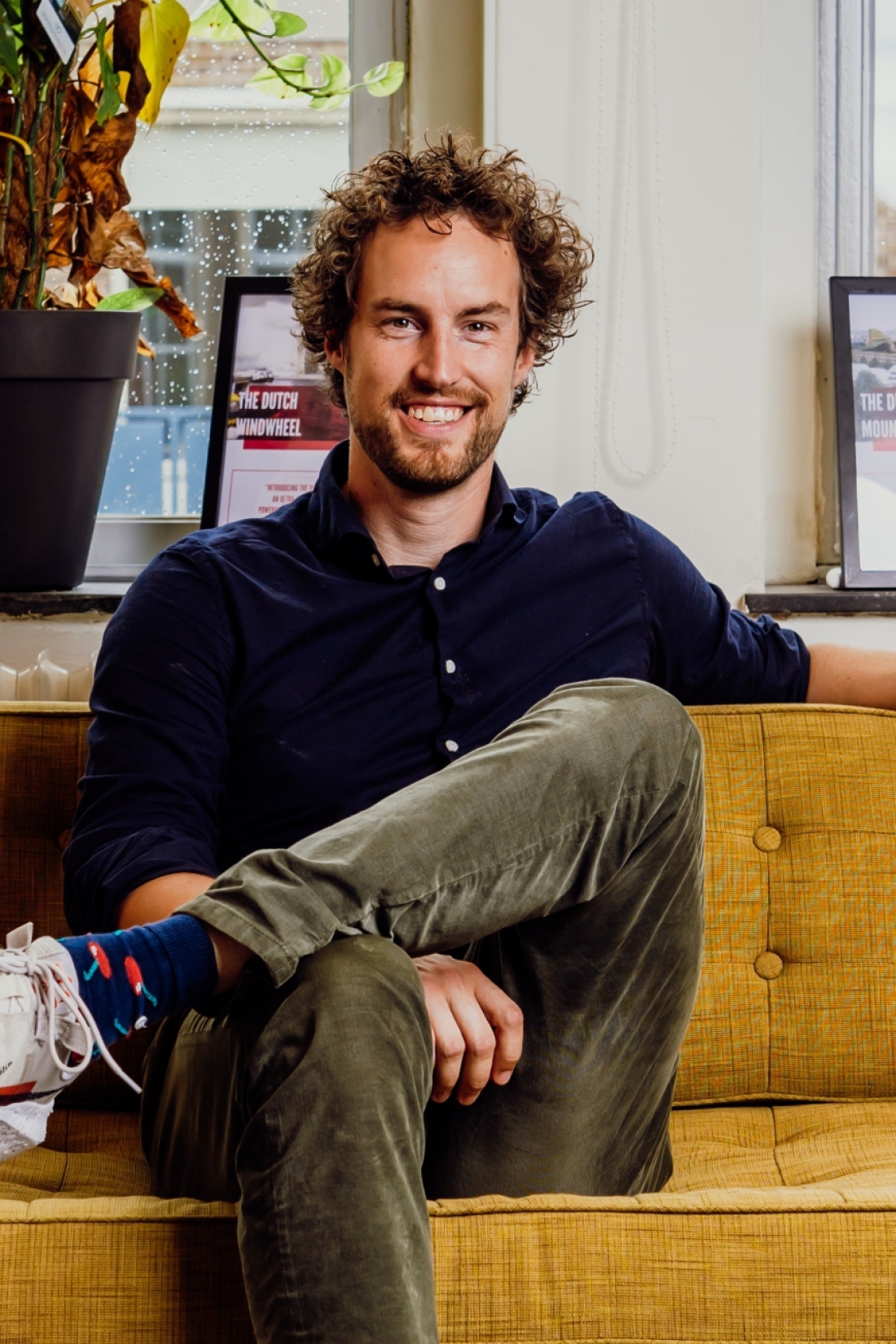
Ruben Lentz
- ruben@bloc.nl
- +31 6 55177628

